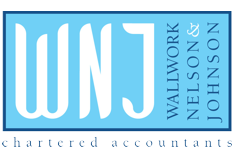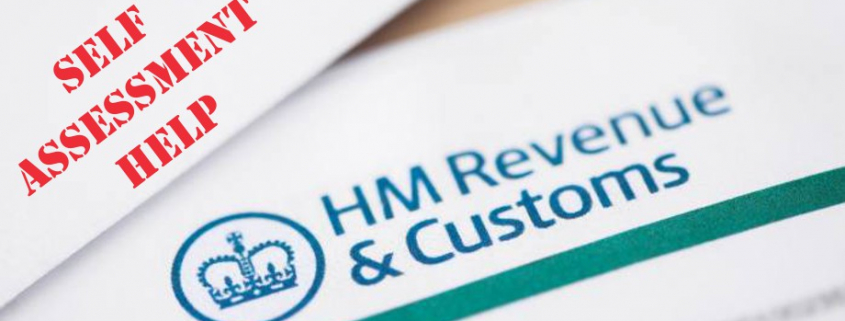Why it pays to file early
The number of people who file their self-assessment tax form early has doubled in five years.
More than 77,500 submitted their tax return for the 2022 to 2023 tax year on April 62023, compared to almost 37,000 in 2018, according to new figures from HMRC.
The deadline to file returns for the 2022- 2023 tax year is January 31 2024 and people have been able to submit theirs since the start of the new tax year.
There are a number of benefits to early filing. As Myrtle Lloyd, HMRC’s director general for customer services, says: “Filing your self-assessment early means you can spend more time building your business or doing the things that you enjoy and less time worrying about completing your tax return.”
It also means you can find out sooner if you are owed money. HMRC says it will let people know as soon as the return has been processed and arrange for any overpayment to be refunded.
Those who file early also benefit from knowing how much tax they owe and can set up a budget plan to help spread the cost and manage their payments.
You may need to complete a self-assessment form if you:
• are newly self-employed and have earned more than £1,000
• are a new partner in a business partnership
• have received any untaxed income
• are claiming Child Benefit and you or your partner have an income above £50,000
It is also important that people let HMRC know if there are any changes in your details or circumstances such as a new address or name, or if you are no longer self-employed or your business has closed down.
• To discuss any issues raised by this article or any matters relating to tax please contact me on 01772 430000




